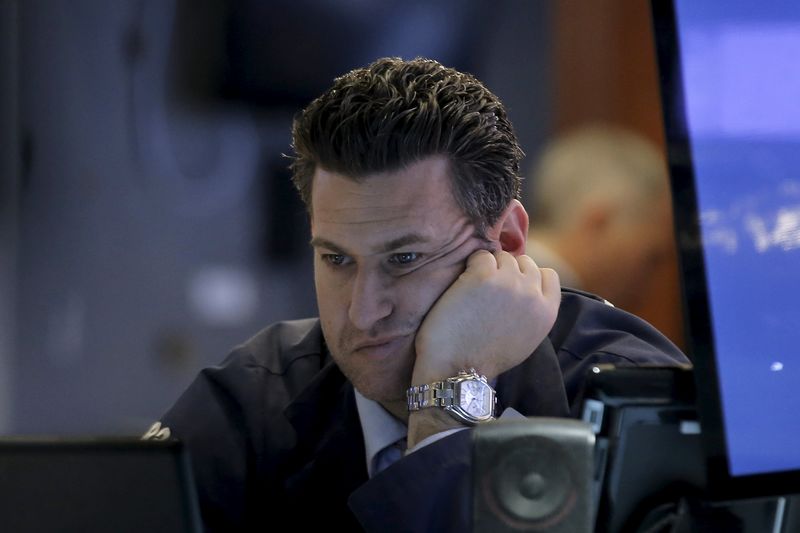This post was originally published on this site
https://i-invdn-com.akamaized.net/trkd-images/LYNXMPEH450LI_L.jpg
(Reuters) – U.S. stock index futures rose on Thursday ahead of data that is expected to show a decline in weekly jobless claims, while shares of vaccine makers looked to extend losses after President Joe Biden’s plan to back intellectual property waivers on COVID-19 shots.
Shares in Pfizer Inc (NYSE:PFE), Moderna (NASDAQ:MRNA) Inc, Johnson & Johnson (NYSE:JNJ) and Novavax (NASDAQ:NVAX) Inc, all involved in the making of COVID-19 vaccines, fell between 0.6% and 5.4% in premarket trading.
The declines were triggered after Biden said he had backed a World Trade Organization waiver for vaccine intellectual property to enhance the fight against the pandemic.
The Dow Jones Industrial Average ended at a record high in the previous session, supported by a rise in economically sensitive cyclical stocks, while the Nasdaq was hit by declines in growth stocks.
Shares of highly valued technology-related stocks, however, rose on Thursday, with Microsoft Corp (NASDAQ:MSFT), Apple Inc (NASDAQ:AAPL), Alphabet (NASDAQ:GOOGL) Inc and Amazon.com Inc (NASDAQ:AMZN) gaining between 0.1% and 0.3%.
A Labor Department report will likely show initial jobless claims fell to 540,000 last week from 553,000 in the previous week.
Investors are awaiting the Labor Department’s more comprehensive non-farm payrolls data on Friday, which is expected to show accelerating job growth in April.
At 6:40 a.m. ET, Dow e-minis were up 48 points, or 0.14%, S&P 500 e-minis were up 7.75 points, or 0.19%, and Nasdaq 100 e-minis were up 48.75 points, or 0.36%.
Among other companies, International Business Machines (NYSE:IBM) Corp rose 0.4% as it introduced what it says is the world’s first 2-nanonmeter chipmaking technology for faster computing.
Uber Technologies (NYSE:UBER) Inc fell 3.6% as it signaled it would pay drivers more to get cars back on the road and disclosed a $600 million charge to provide UK drivers with benefits.


